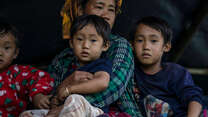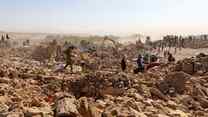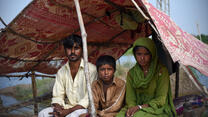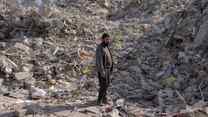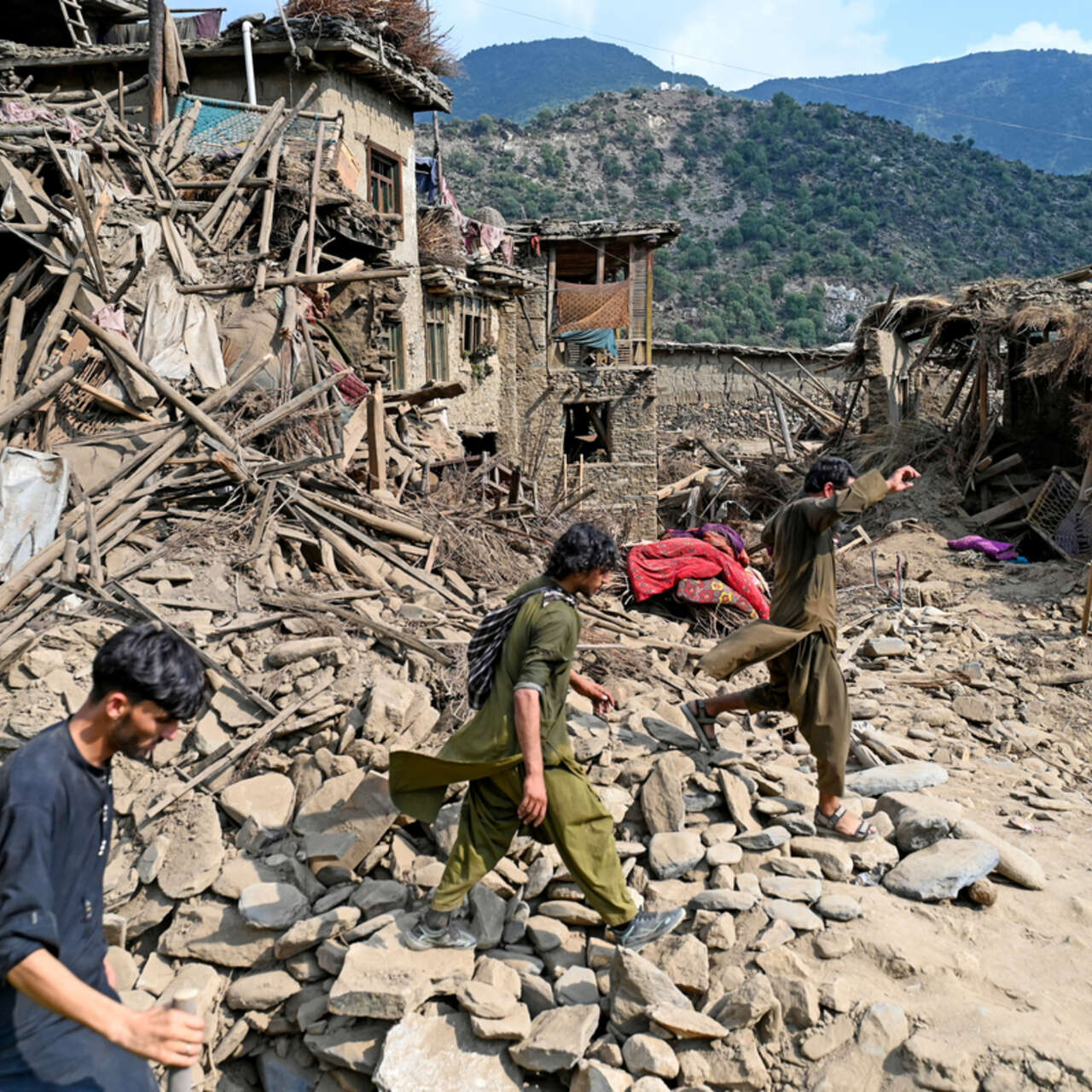
On August 31, a 6.0 magnitude earthquake struck eastern Afghanistan, causing over 1,400 deaths and more than 3,700 injuries across four provinces and severely damaging homes and health infrastructure. Four days later, a 6.2 magnitude earthquake—and five aftershocks—struck the region, escalating the humanitarian emergency in Afghanistan.
Among the worst-affected areas, entire villages have been destroyed while heavy rains and flooding prior to the earthquake have left much of the mountainous areas inaccessible. Aid workers are in a race against time to support families scrambling for food, shelter and medical aid.
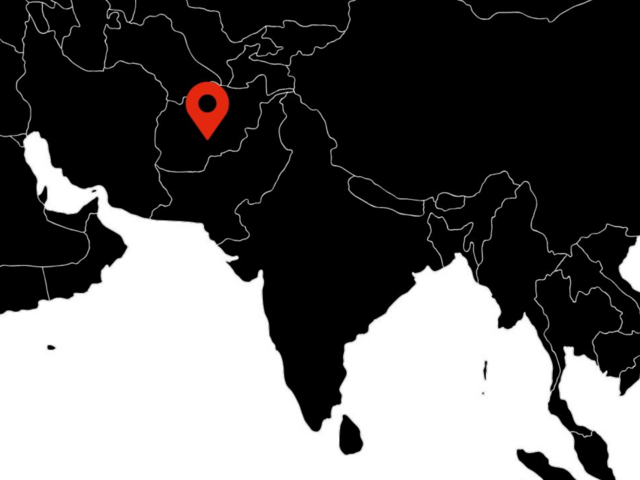
Our response
The IRC has carried out a rapid needs assessment to understand the full extent of the damage, while also supporting monitoring efforts alongside other NGOs. Shelter, food, financial assistance, and medical support have been identified as the most urgent needs. Every family interviewed by the IRC has lost their homes, and 85% have been sleeping without shelter since the initial earthquake.
IRC mobile health teams are now operating on the ground in Kunar, the worst affected area, providing health services including first aid, maternal and newborn healthcare and the distribution of medicines and medical supplies.
“We are in a race against time to support communities affected by one of the deadliest natural disasters Afghanistan has seen in years,” explains Sherine Ibrahim, IRC Afghanistan Director. “The international community must step up now to address Afghanistan’s escalating humanitarian needs.”
We are also preparing to launch an emergency response in Nangarhar and Laghman provinces, where our teams already have a deeply rooted presence, and scale up to include the distribution of essential items such as blankets and cooking equipment.
The IRC in Afghanistan
Afghanistan is already facing a severe humanitarian crisis, with over 22.9 million people in urgent need of aid, and the IRC is on the ground in the country providing critical assistance.
The International Rescue Committee (IRC) began work in Afghanistan in 1988 and now works with thousands of villages across eight provinces. As Afghanistan struggles to recover from years of conflict and natural disasters, the IRC works with local communities to identify, plan and manage their own development projects, provides safe learning spaces in rural areas, basic health services to remote and hard to access communities, cash distribution provides uprooted families with tents, clean water, sanitation and other basic necessities, and helps people find livelihood opportunities as well as extensive resilience programming.
Impacts of funding cuts
The crisis in Afghanistan is also impacted by recent funding cuts to global aid, putting millions of Afghans at greater risk of hunger, illness and displacement. Read more about the impact of funding cuts in Afghanistan and how you can help.
What is the IRC?
The International Rescue Committee (IRC) helps people affected by humanitarian crises to survive, recover and rebuild their lives. We deliver lasting impact by providing health care, helping children learn, and empowering individuals and communities to become self-reliant, always with a focus on the unique needs of women and girls. Our work spans more than 40 crisis-affected countries, and we provide resettlement, asylum, and integration services in communities across the United States and Europe.

